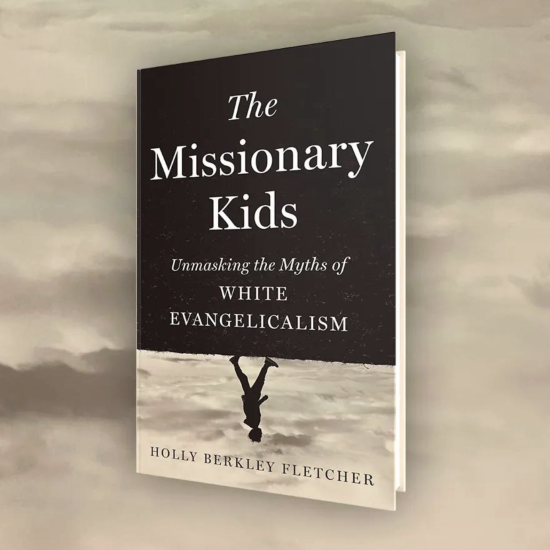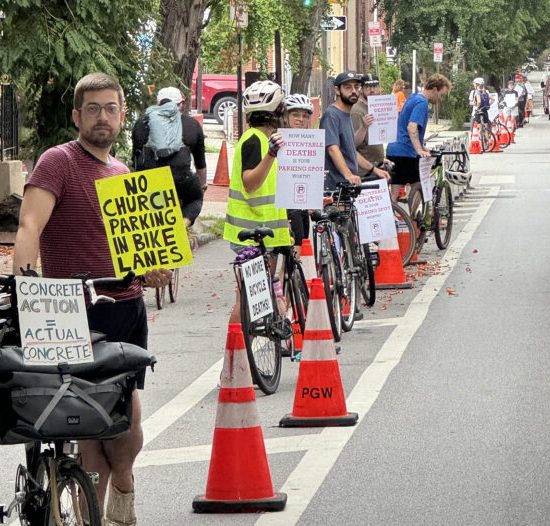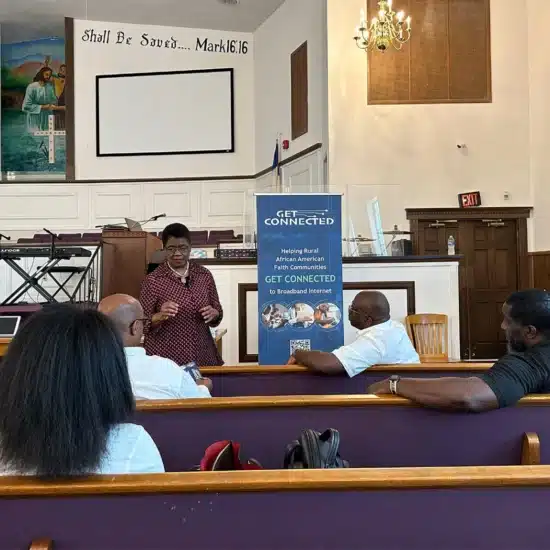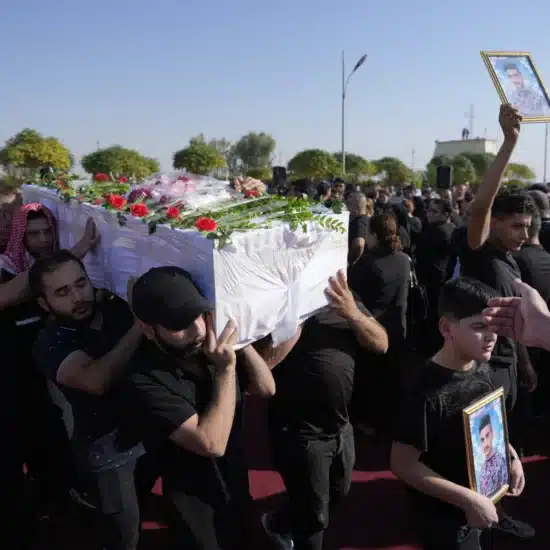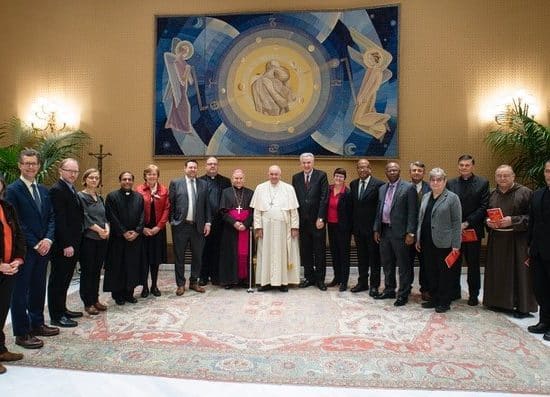MARYVILLE, Tenn. (ABP) – While churches are giving more than ever to global missions through the Cooperative Baptist Fellowship, many are doing it in new ways, prompting shortfalls in an annual offering needed to sustain fully funded missionaries already on the field, according to one missions coordinator.
Rob Nash, global missions coordinator for the Atlanta-based Fellowship, said April 9 in a breakout session at the Tennessee CBF annual meeting at Monte Vista Baptist Church in Maryville, Tenn., that congregations still believe in sending and sustaining field personnel cooperatively through the CBF Offering for Global Missions, but they also are saying they want to be involved directly.
While annual offering totals were fairly consistent until dropping off in the recent recession, Nash said some congregations are taking dollars formerly given through the offering and designating them for a particular cause, such as the Fellowship’s rural poverty initiative Together for Hope.
“That’s great, because this congregation is focused in that way, and we take that funding and we use it in that way,” Nash said. While personal involvement is good, Nash said it is also important not to miss the bigger picture.
“We’re moving in a direction where churches are going to have that very direct participation in what they want to be involved in,” Nash said. “I think we have a responsibility to communicate that we can’t just do it that way, because if we just do it that way, we are gong to ignore huge parts of the world in which we cannot have direct congregational connection and engagement.”
Nash said about 18,000 Americans went on short-term mission trips in 1988. In 30 years between 1964 and 1994, he said his missionary father could not remember a single mission team coming to the Philippines.
While it’s hard to get an exact figure, Nash said, probably between 3 million and 4 million will go on a short-term mission trip in 2011.
“That can’t help but have an impact on the direct engagement of congregations,” Nash said. “I think the challenge for us is to figure how we work together with that reality today.”
The last couple of months, Nash said CBF leaders have been encouraging churches to keep “promises” made to fully funded missionaries by increasing support for the missions offering. By doing that, Nash said, they also are “keeping the promises” to the “lost and the least” to whom field personnel minister.
“I think what we are really wanting to do is simply to remind congregations about the significance of the Offering for Global Missions and the reality that this enables us to put field personnel out there with whom congregations can partner and connect,” he said.
“It’s interesting to me to be in congregations and hear them talk about the various places that they are connected and sit there knowing it is field personnel who nurtured those ministries in the first place, and if it weren’t for the presence of those field personnel in that place originally, the congregation would not necessarily have a place to connect for a ministry that is there for them to nurture and facilitate,” he said. “Part of this process is to remind us of the significance of those field personnel, the realities that local congregations can connect as a result of those ministries being there.”
-30-
Bob Allen is senior writer for Associated Baptist Press.

